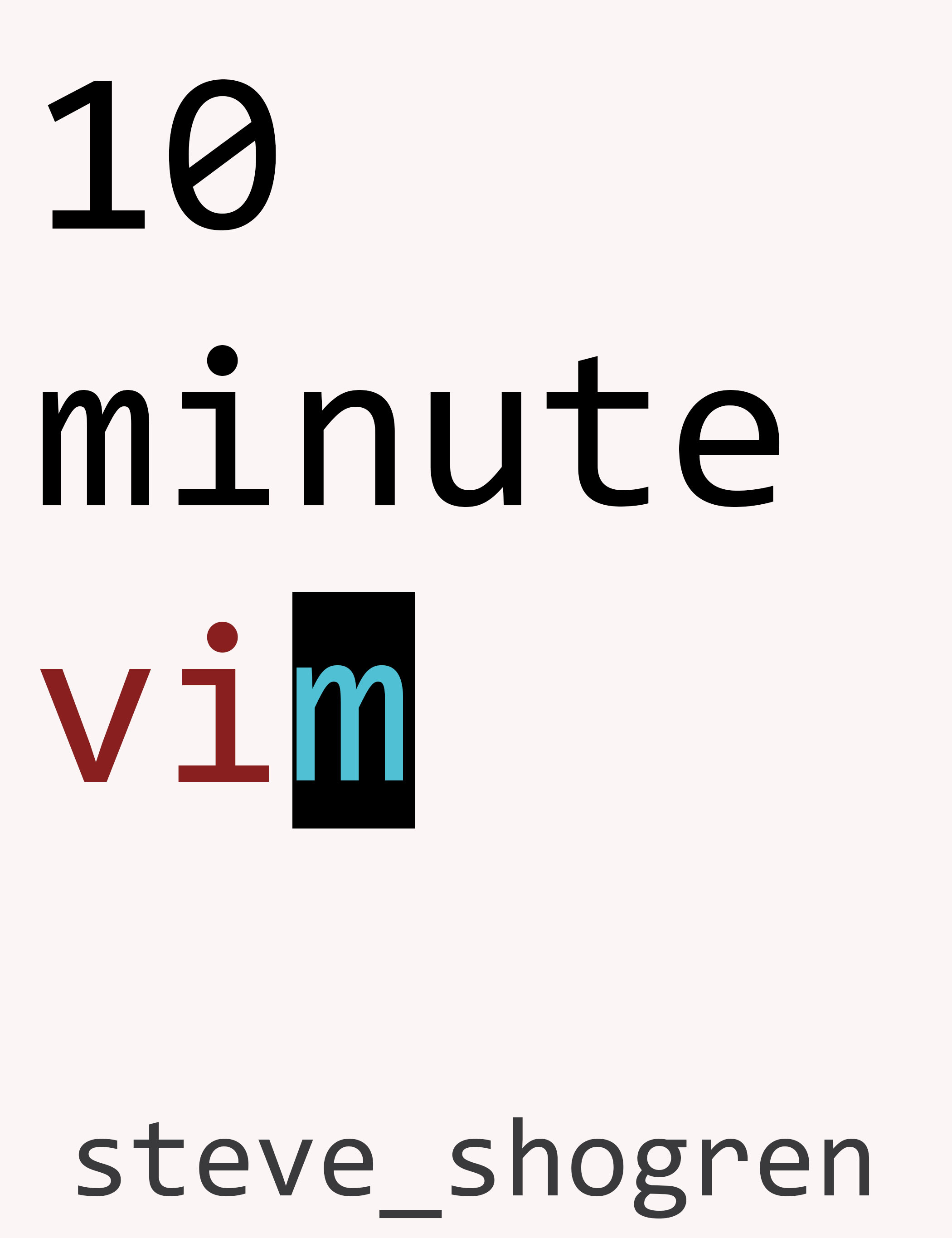I was at the Clojadelphia meetup on Thursday, and got an excellent run through of the tools.trace library from Tim Visher. He has submitted a pull request to the original authors, with his expanded and very clear documentation found here.
One call from the library in particular really stood out, a call for finding out what form threw an exception out of many.
;; trace-forms "Trace all the forms in the given body. Returns any
;; underlying uncaught exceptions that may make the forms fail."
(trace-forms
(let [a (+ 1 1)
b (* 2 2)
c (* a b (/ 4 0))]
c))
;; => ArithmeticException Divide by zero
;; Form failed: (/ 4 0)
;; Form failed: (* a b (/ 4 0))
;; Form failed: (let* [a (+ 1 1) b (* 2 2) c (* a b (/ 4 0))] c)
;; Form failed: (let [a (+ 1 1) b (* 2 2) c (* a b (/ 4 0))] c)
;; clojure.lang.Numbers.divide (Numbers.java:156)
Which is incredibly cool. At the time, I could see using that all the time for helpful benefits. In the last few days though, I realized a more obvious function has been far more helpful to my daily development: deftrace. Deftrace just replaces a defn, and does the same, but it also prints out the ins and outs of the function.
;; example up from clouredocs.org:
;; http://clojuredocs.org/clojure_contrib/clojure.contrib.trace/deftrace
(deftrace fib [n]
(if (or (= n 0) (= n 1))
1
(+ (fib (- n 1)) (fib (- n 2)))))
(fib 4)
;; => 5
;; 1> TRACE t2742: (fib 4)
;; TRACE t2743: | (fib 3)
;; TRACE t2744: | | (fib 2)
;; TRACE t2745: | | | (fib 1)
;; TRACE t2745: | | | => 1
;; TRACE t2746: | | | (fib 0)
;; TRACE t2746: | | | => 1
;; TRACE t2744: | | => 2
;; TRACE t2747: | | (fib 1)
;; TRACE t2747: | | => 1
;; TRACE t2743: | => 3
;; TRACE t2748: | (fib 2)
;; TRACE t2749: | | (fib 1)
;; TRACE t2749: | | => 1
;; TRACE t2750: | | (fib 0)
;; TRACE t2750: | | => 1
;; TRACE t2748: | => 2
;; TRACE t2742: => 5
At this point in the demo, the room was leaping out of their chairs laughing in sheer delight at how awesome this is. It is ultimately such a simple idea, and yet it’s execution is brilliant and inconceivably handy.
At first, I thought, “well that is an incredibly cool party trick, but a party trick nonetheless”. A few days of regular clojure development later, I realized the profundity of this library.
I have had on my list of “pain points” an item to learn how to debug clojure code. Once in a while, I have felt the need to find out exactly what was going on at a certain point, and had to awkwardly put in (do (pprint x) x) statements everywhere. Clearly though, that is lame.
Here is the grand reveal. Concepts and tools that other languages have sometimes look very different in clojure. “Well, duh”, you say. I am not talking about syntax! I am talking about the tools.
I wanted a debugger (and, yes, I know at least traditional one exists for clojure), and so that is what I would have looked for: the traditional “put in a breakpoint, run the code, pause at that place, inspect values, etc”. When I first saw tools.trace, the image of a “debugger replacement” did not immediately enter my head. But, tools.trace basically gives me almost all the benefit of a traditional debugger at effectively no hassle or cost. Just now I was developing some code, and got stuck on a spot where something unexpected happened, and with only a second’s hassle, replaced a few defns with deftrace. I re-ran my code in the repl, and now got a printout of exactly what the in’s and out’s were, and all of a sudden it clicked. “I just found my new debugger”, and, “wow, this debugger is way less hassle”.
No, of course this doesn’t do everything a full debugger does, but at least for the foreseeable future, it probably will do enough most of the time. The first time I need a real full debugger, I will go looking for it, but for now, I suspect this gets me my 80% benefit for way less than 20% hassle.
The discovery of such tools is what is making learning clojure such a profoundly rewarding journey for me. I am being taught to think about the “default ide” tools in such a different light. Watching as community members distill out these sort of High-Value concentrate tools using Clojure’s meta-programming is simply the most mind altering thing I have experienced in programming.

